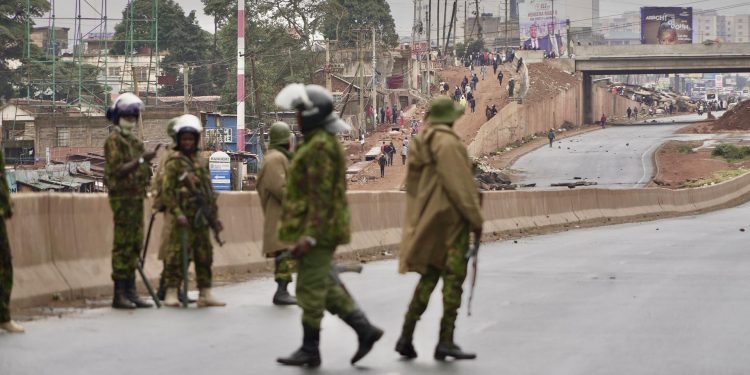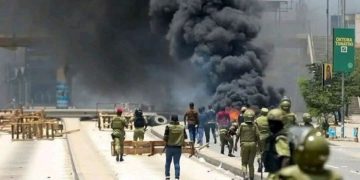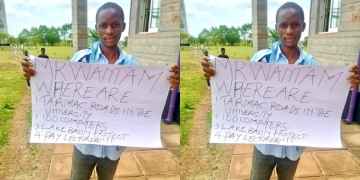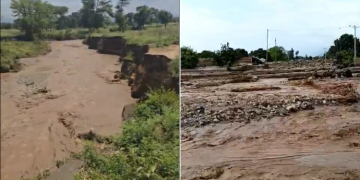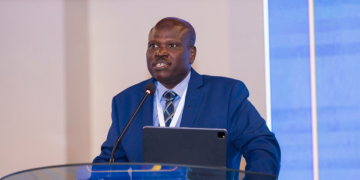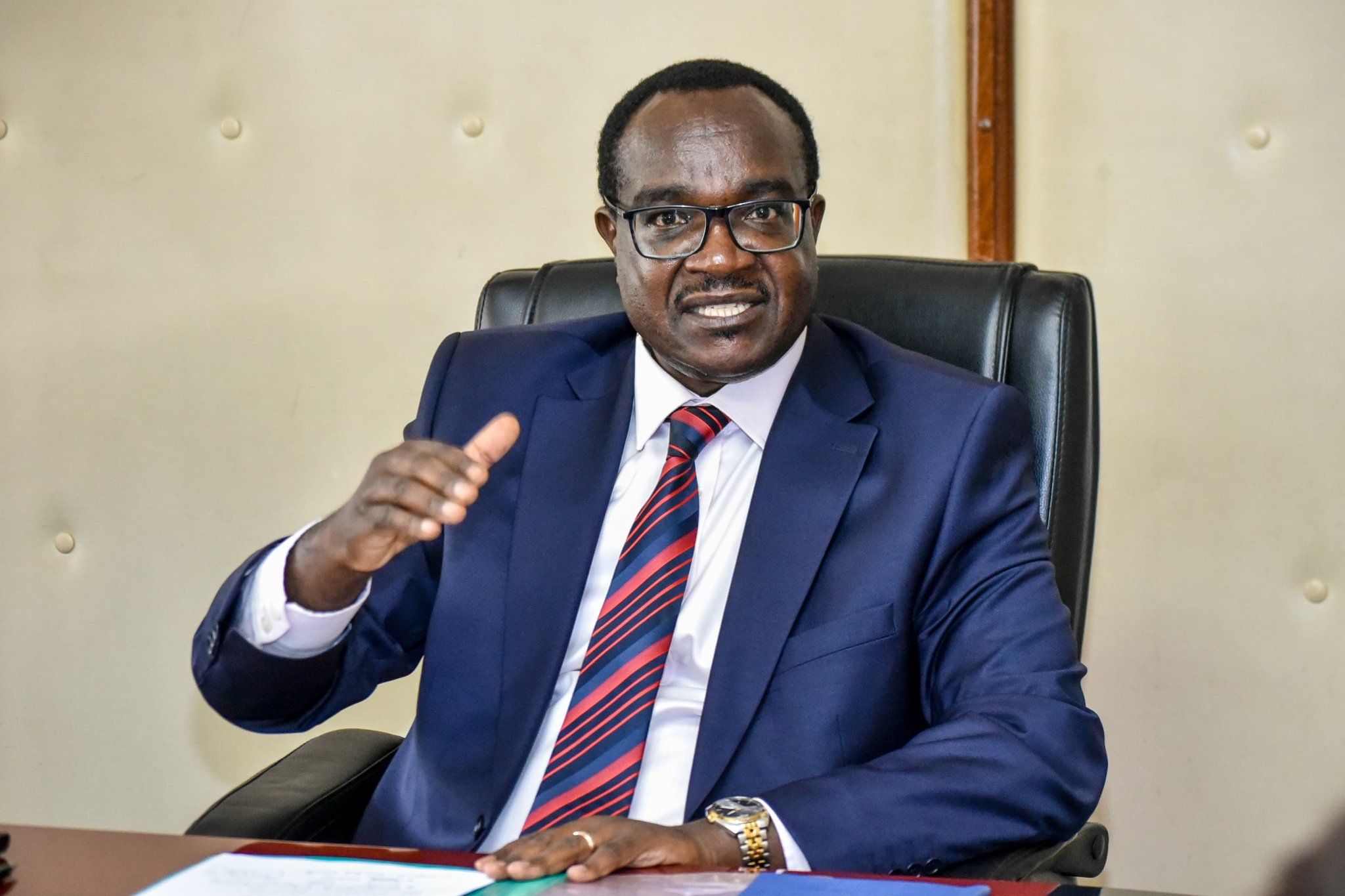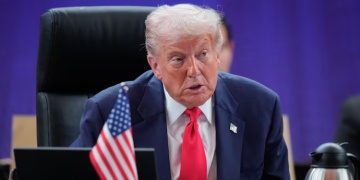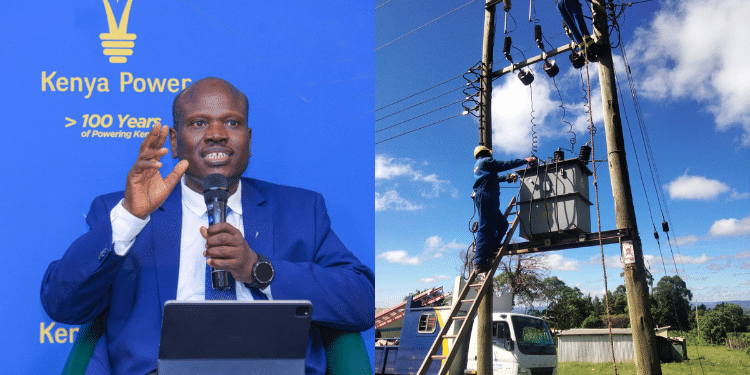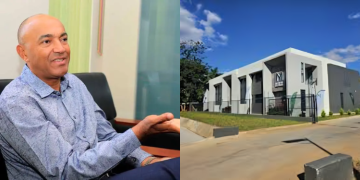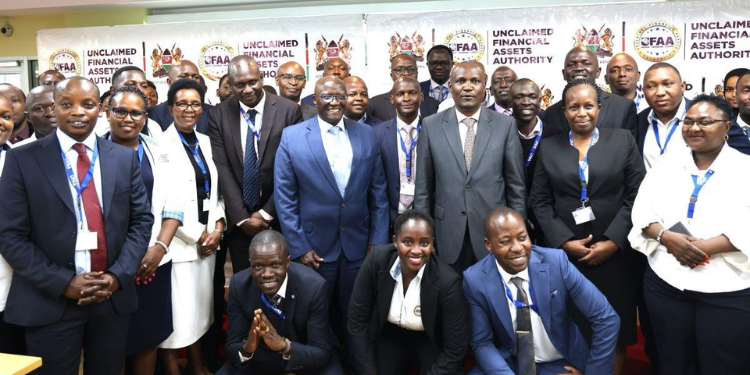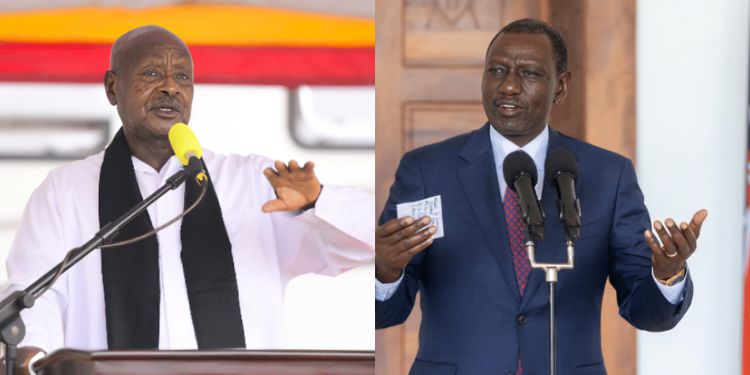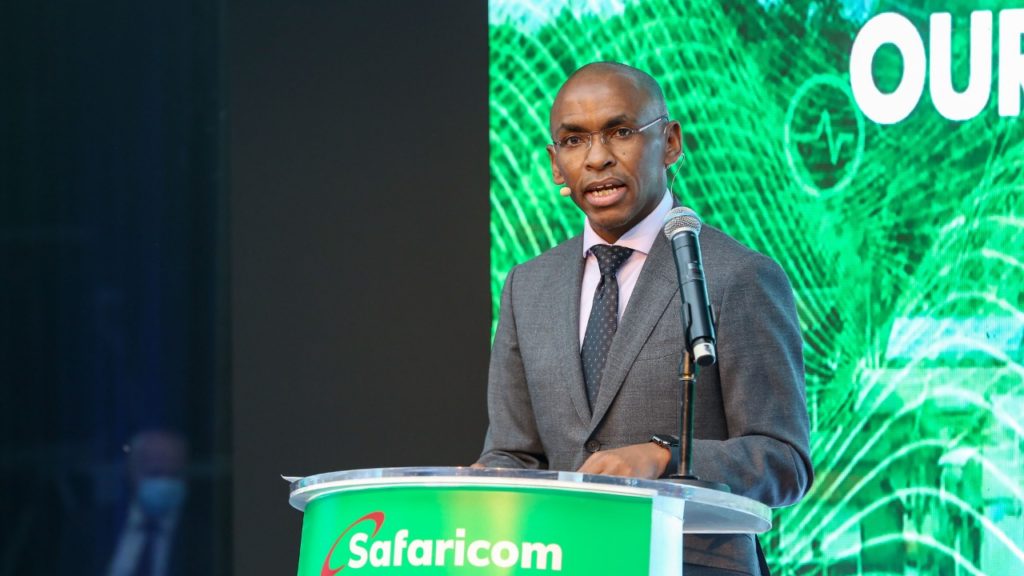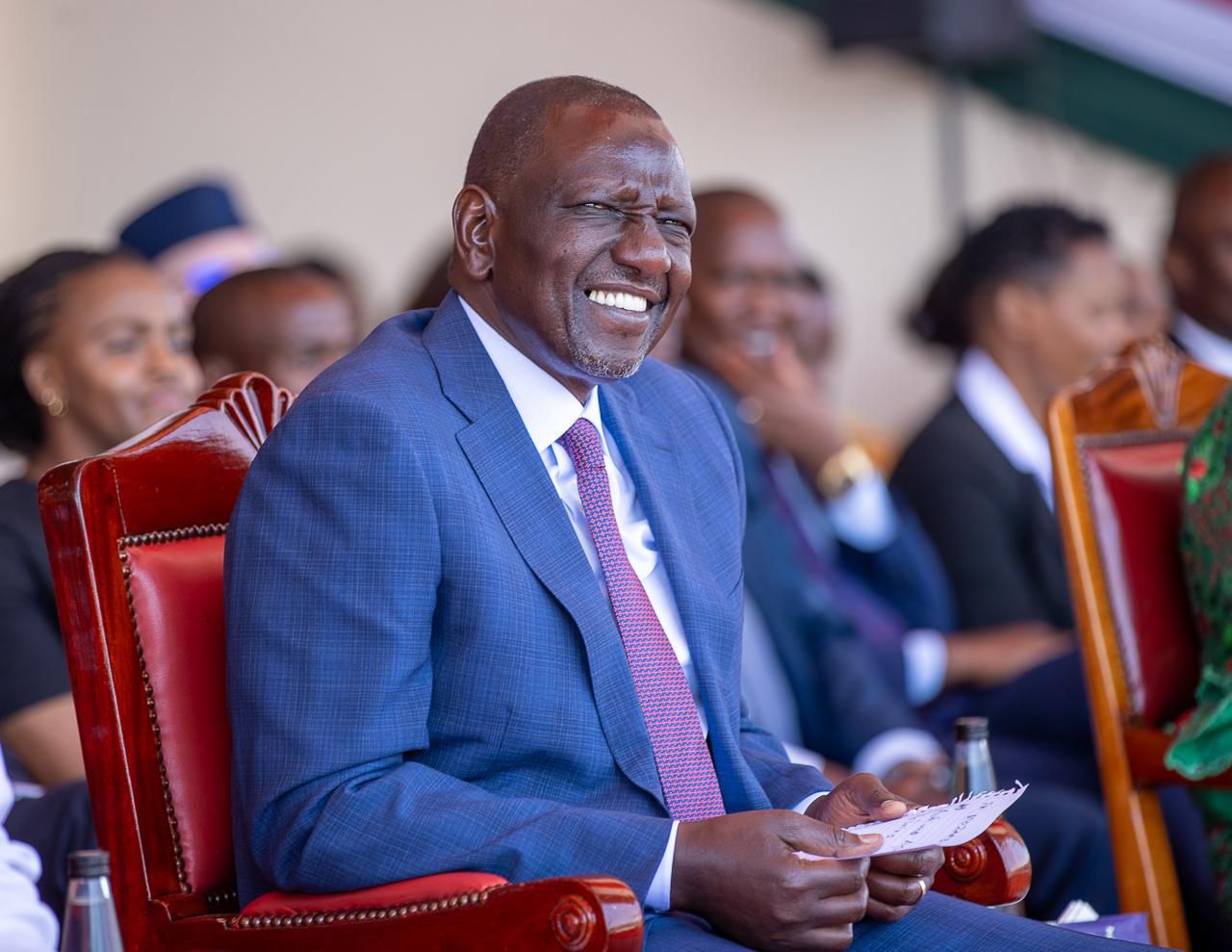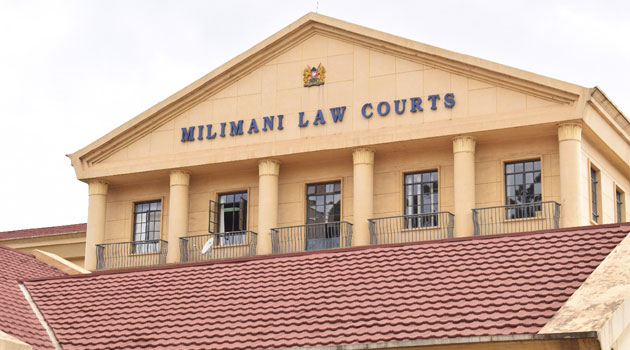The Government of Kenya has paid Ksh16 million in compensation to four survivors of sexual violence stemming from the 2007/08 post-election crisis after nearly 13 years of waiting.
According to a joint statement by 8 human rights advocacy groups, this marks the first time in Kenya’s history that survivors of conflict-related sexual violence have received official compensation for the harm they endured.
The Ksh16 million compensation was awarded to four of the eight survivors in Petition 122 of 2013.
The long-awaited payment comes nearly five years after the High Court’s groundbreaking judgment in December 2020, and thirteen years after the petition was first filed in the High Court.
In a joint statement published on Friday, a coalition of human rights organizations—including the Coalition on Violence Against Women (COVAW), Independent Medico-Legal Unit (IMLU), Physicians for Human Rights (PHR), Utu Wetu Trust, Kenya Human Rights Commission (KHRC), International Commission of Jurists (ICJ Kenya), REDRESS Trust, Constitution Reform Education Consortium (CRECO), and the Global Survivors Fund—welcomed the payment, calling it an affirmation that justice, though long delayed, is still possible.
“This milestone reflects a significant step forward in Kenya’s commitment to upholding the rule of law and constitutional rights. It acknowledges the dignity and pain of survivors, many of whom have waited more than a decade to be heard,” the statement read in part.
“This moment is not just about financial redress—it is about recognition, healing, and setting a precedent that the state is obligated to effectively investigate, prosecute, and provide reparations for conflict-related sexual violence.”
Gov’t Pays Ksh 16M to 4 Survivors of Post-Election Sexual Violence
The coalition added that the payment offers hope to many others and is seen as a possible turning point in how Kenya addresses the needs and rights of sexual violence survivors going forward.
The 2020 judgment found the Government of Kenya liable in only four of the eight petitioners’ cases—three survivors were violated by state security forces, and one had reported the crime to police, who failed to investigate.
However, the court did not find the government liable in the cases of the remaining four petitioners, who were assaulted by non-state actors.
In response, the co-petitioners filed Civil Appeal E645 of 2021, arguing that the state must also be held accountable for failing to prevent or respond to abuses committed by civilians.
Also Read: Court Orders Kenya Pipeline and NEMA to Pay Ksh3B for Oil Spill Damages
The appeal contended that the government must not only offer financial redress but also recognition and support for all survivors of the 2007–08 post-election sexual violence, while setting a legal precedent that ensures protection for future survivors.
One of the compensated survivors expressed emotional relief after receiving the payment.
“I thought I would die before receiving my court-ordered compensation. Many thanks to the Government of Kenya for humanizing me and hearing our cry,” she said.
The coalition of human rights groups emphasized that they would continue standing with the survivors until all outstanding interest is paid and until the appeal is resolved and the remaining survivors are compensated:
“We will remain with them until the state fulfills its responsibility to all survivors of sexual and political violence in Kenya,” they stated.
Also Read: Blow to KRA as Court Quashes Mobile Equipment Identity Disclosure Order
Survivors Still Seek Full Justice
The case was filed on February 20, 2013, when six female and two male survivors filed Constitutional Petition No. 122 at the High Court in Nairobi.
On December 10, 2020, the court issued a landmark judgment in favor of four survivors, ruling that the Government of Kenya had failed to carry out independent and effective investigations and prosecutions of sexual and gender-based violence (SGBV) crimes committed during the post-election violence.
However, the decision drew criticism for recognizing the violations suffered by only half of the petitioners.
Nearly a year later, a partial appeal was filed by survivors and civil society organizations, seeking recognition of the government’s responsibility to those survivors previously denied redress—specifically for its failure to protect them from sexual violence committed by non-state actors.
Follow our WhatsApp Channel and X Account for real-time news updates.
